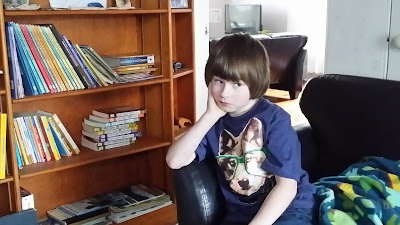Breath

THOU shalt love thy God. There must be for me a deep sense of relatedness to God. This relatedness is the way by which there shall open for me more and more springs of energy and power, which will enable me to thread life’s mysteries with life’s clue. It is this, and this alone, that will make it possible for me to stand anything that life can or may do to me. I shall not waste any effort in trying to reduce God to my particular logic. Here in the quietness, I shall give myself in love to God. Thou shalt love thy neighbor. How I must seek ever the maintenance of the kind of relatedness to others that will feed the springs of kindness and sympathy in me! I shall study how I may be tender without being soft; gracious without being ingratiating; kind without being sentimental; and understanding without being judgmental. Here in the quietness, I shall give myself in love to my neighbors. Thou shalt love Thyself. I must learn to love myself with detachment. I must have no attitude toward m...
